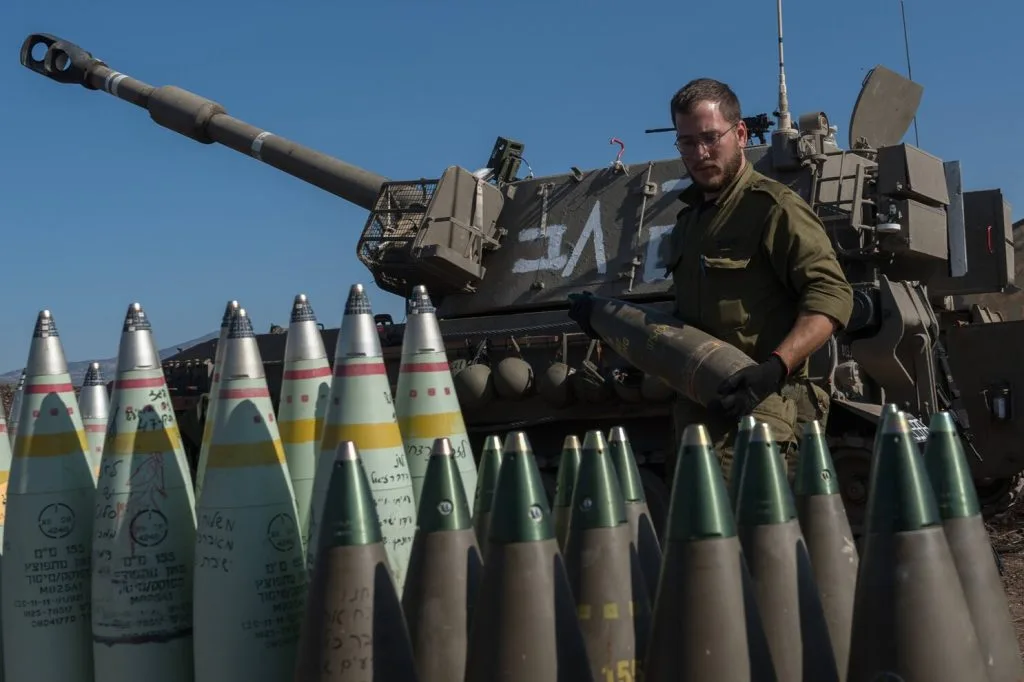Human Rights and Arms Trade: Balancing Security and Humanitarian Concerns
Dustin Hoffman May 27, 2024 0
The global arms trade is a complex web of transactions that spans continents and shapes the course of international relations. While the trade in arms is often driven by considerations of security and defense, it also raises significant ethical and humanitarian concerns. In this blog, we explore the delicate balance between security imperatives and human rights considerations in the arms trade, shedding light on the multifaceted challenges faced by policymakers, activists, and advocates worldwide.
The Arms Trade:
An Overview Before delving into the ethical dimensions of the arms trade, it is essential to understand its scope and dynamics. The arms trade encompasses the sale, transfer, and exchange of military equipment, ranging from small arms and ammunition to sophisticated weaponry, between countries, governments, and non-state actors. This trade is governed by a complex network of international treaties, agreements, and regulations aimed at promoting transparency, accountability, and responsible arms transfers.
Security Imperatives vs. Humanitarian Concerns:
At the heart of the arms trade debate lies a fundamental tension between security imperatives and humanitarian concerns. On one hand, governments and defense industries argue that the sale and transfer of arms are essential for national security and defense preparedness, enabling states to protect their citizens and deter potential adversaries. They emphasize the need for robust defense capabilities to safeguard sovereignty and maintain strategic stability in an uncertain world.
Conversely, critics of the arms trade highlight its detrimental impact on human rights, peace, and stability, particularly in conflict-affected regions and authoritarian regimes. They argue that the proliferation of weapons exacerbates armed violence, fuels conflicts, and perpetuates human suffering, leading to widespread displacement, loss of life, and violations of international humanitarian law. Moreover, the diversion of resources towards arms procurement often comes at the expense of vital social services, such as healthcare, education, and poverty alleviation, exacerbating socio-economic inequalities and hindering development efforts.
Arms Trade and Human Rights Violations:
One of the most pressing concerns surrounding the arms trade is its complicity in human rights violations and atrocities. Weapons supplied by arms-exporting countries have been used in conflicts characterized by widespread human rights abuses, including indiscriminate attacks on civilians, forced displacement, sexual violence, and extrajudicial killings. In some cases, arms transfers have propped up repressive regimes and armed groups with a track record of human rights violations, perpetuating cycles of violence and impunity.
Addressing the Ethical Dilemma:
Balancing security imperatives with humanitarian concerns in the arms trade presents a formidable ethical dilemma for policymakers, diplomats, and stakeholders. While there is a legitimate need for states to defend themselves and maintain stability, this must be done in a manner consistent with international law, human rights norms, and ethical principles. To navigate this complex terrain, several key strategies and approaches can be considered:
- Strengthening Arms Control Mechanisms: Enhancing transparency, accountability, and oversight in the arms trade through robust arms control mechanisms, such as the Arms Trade Treaty (ATT), can help prevent the transfer of weapons to entities involved in human rights violations.
- Promoting Responsible Arms Transfers: Adopting stringent criteria and risk assessments to evaluate arms export licenses, ensuring that weapons are not used for repression or aggression, and prioritizing human rights considerations in arms transfer decisions.
- Supporting Conflict Prevention and Resolution: Investing in diplomatic efforts, mediation, and conflict prevention initiatives to address the root causes of armed conflicts and promote peaceful resolution of disputes, thereby reducing the demand for arms.
- Fostering International Cooperation: Collaborating with civil society organizations, humanitarian agencies, and multilateral institutions to promote dialogue, transparency, and cooperation in addressing the ethical challenges of the arms trade.
Conclusion:
The arms trade presents a complex moral and ethical challenge that requires careful consideration of competing interests, values, and priorities. Balancing security imperatives with humanitarian concerns necessitates a nuanced and multi-dimensional approach that upholds human rights, fosters peace, and promotes sustainable development. By engaging in constructive dialogue and collective action, the international community can work towards a more ethical and responsible arms trade regime that prioritizes the well-being and dignity of all people.















